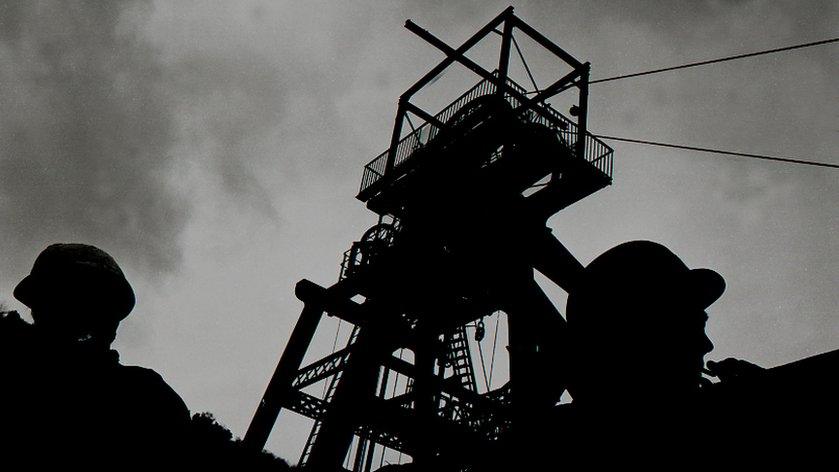Miners' strike 1984: The pitmen dubbed scabs for going on strike
- Published
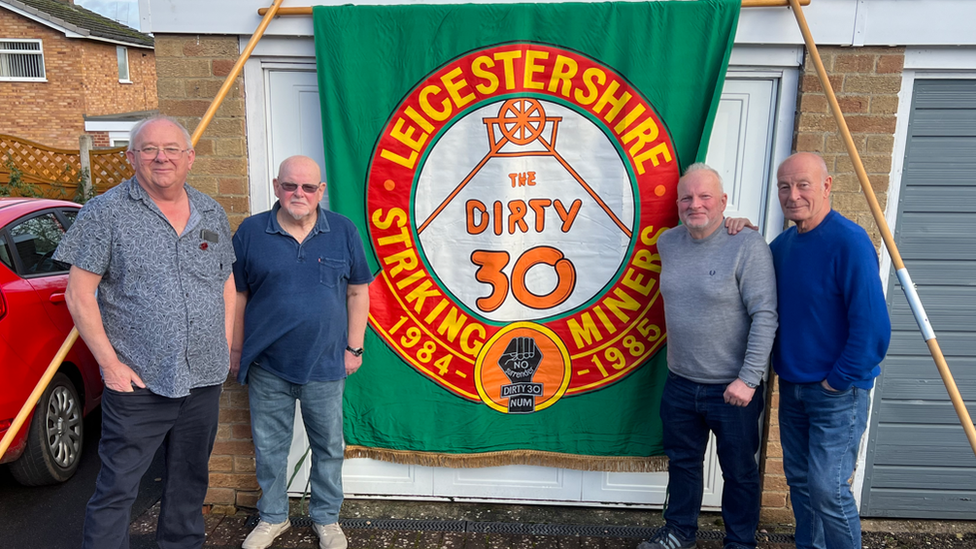
John Gamble, Bob Girvan, Sam Girvan and Mel Elcock said they were proud to have stood against the tide
When miners in Britain downed tools 40 years ago, thousands of pit workers in Leicestershire refused to strike and kept on digging.
Only a small band of miners in the county's coalfield decided not to cross picket lines.
They were scornfully dubbed The Dirty Thirty - an insult they would soon adopt and turn into a badge of honour.
Their part in the acrimonious battle for the future of the mining industry has been seldom talked about.
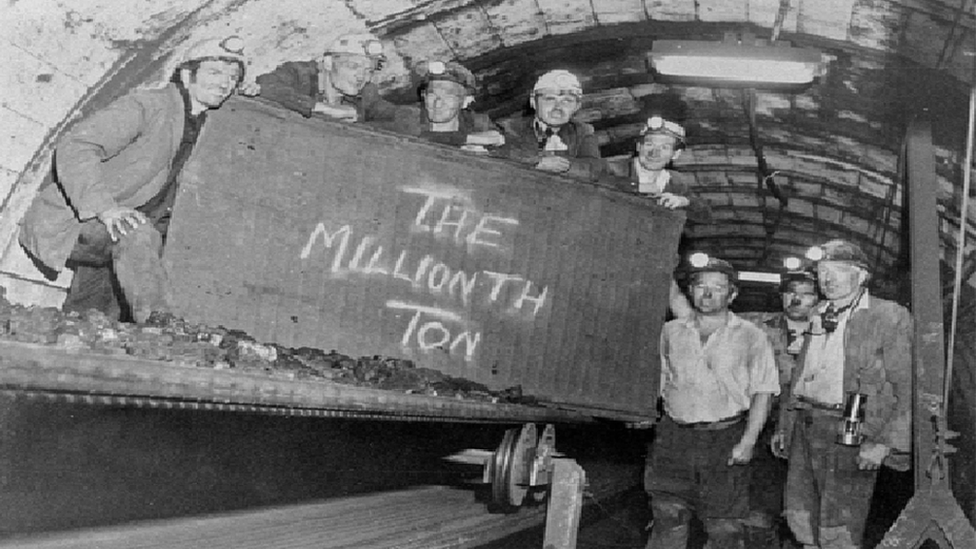
Most miners in Leicestershire continued to work during the strike
But a new BBC audio series - The 40 Year Scar - now uncovers how the unique circumstances in north-west Leicestershire have all but been scrubbed from the area's mining heritage.
When National Union of Mineworkers leader Arthur Scargill declined to hold a national ballot on strike action, most of the 2,500 miners employed in four collieries near Coalville chose to carry on working.
But not the The Dirty Thirty, who walked out and stayed out for the duration of the year-long industrial dispute.
While many local former miners declined to participate in the series - for fear of reprisals and of digging up an uncomfortable past - some remaining members of the group have agreed to give rare interviews.
One of them, Mick "Richo" Richmond, was one of The Dirty Thirty's leaders and jokes that he, still to this day, refuses to eat sausage, chips and beans - because the meal's initials spell SCAB.
Another, Nigel Jeffery, said: "We were the ones being called scabs, but we were the ones on strike.
"But we are all very proud of what we did."

The 40 Year Scar
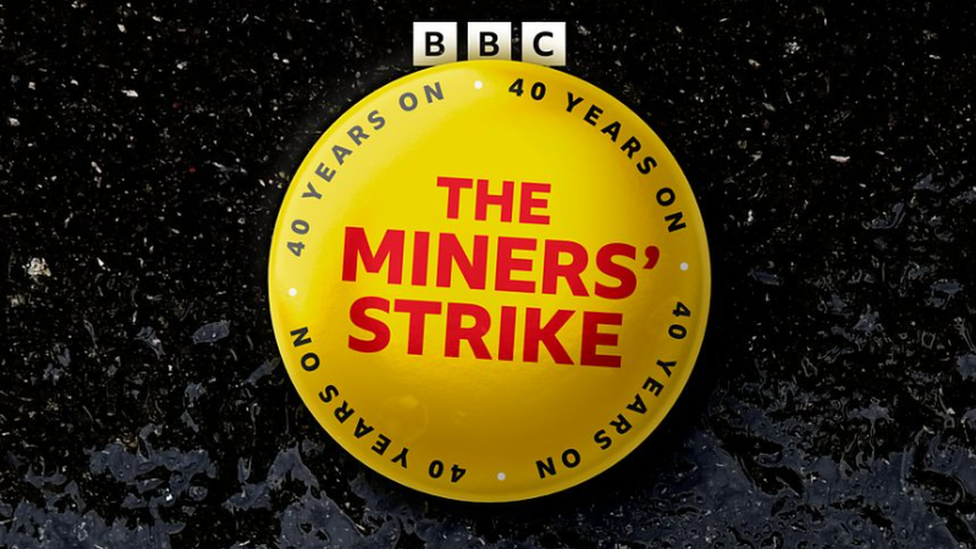
The podcast series is available in BBC Soundss
A seven-part series on The 40 Year Scar is available on BBC Sounds.

The 40 Year Scar also hears the recollections of John Gamble, the sole miner to walk out at South Leicester Colliery, near Hugglescote, who, for a time, believed he was the only one to strike in Leicestershire.
Suspicion lingered in north-west Leicestershire throughout 1984 and 1985 as strikers from Kent, Yorkshire, the North East, Wales and Scotland descended on the working pits, forming pickets and facing the ranks of the police.
The series also hears from some of the wives and daughters of The Dirty Thirty who recall how they faced intimidation, insults, gossip, and sometimes violence for supporting their family members.
It recalls the deprivation faced by the small group of families as the strike continued and the incomes dried up.
And finally, it explores the long-term legacy of the strike, feelings of lasting trauma - yet also how a heavily-industrial corner of Leicestershire has slowly adapted and evolved following the eventual closure of its pits to become part of the National Forest.
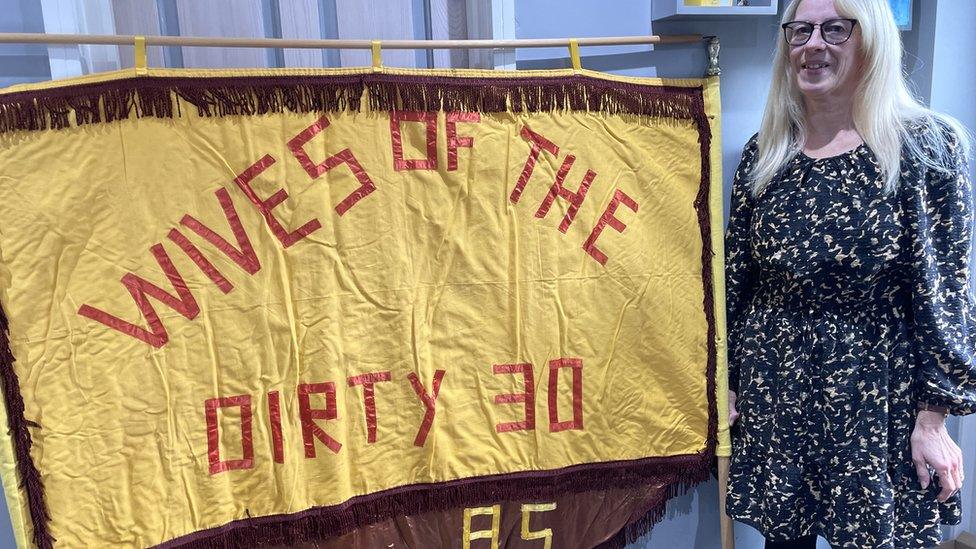
Wendy Jeffery supported her husband Nigel and the other Dirty Thirty strikers for the duration of the dispute
"A lot of miners won't talk about The Dirty Thirty, won't even talk to The Dirty Thirty, " said historian Stuart Warburton, of the Coalville Heritage Society. "Because they saw them breaking their position by going out on strike.
"This strike wasn't like any other. It came between neighbours, friends, communities and even split up families."
Mr Warburton said few people talked about the strike locally because of the tension and friction it caused four decades ago - and still does today.
"It's still too raw a subject," he added.

Follow BBC East Midlands on Facebook, external, on X, external, or on Instagram, external. Send your story ideas to eastmidsnews@bbc.co.uk, external or via WhatsApp, external on 0808 100 221
Related topics
- Published25 February 2024
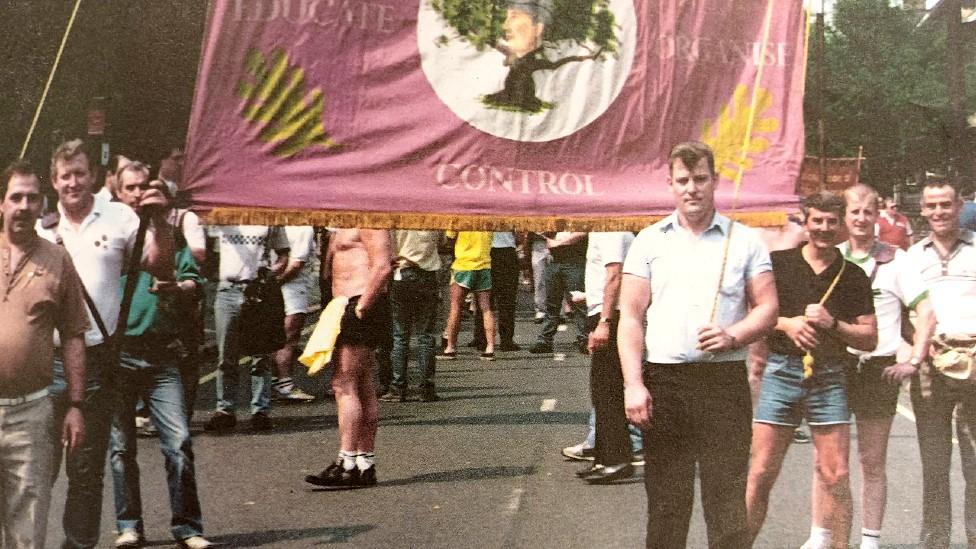
- Published2 March 2024
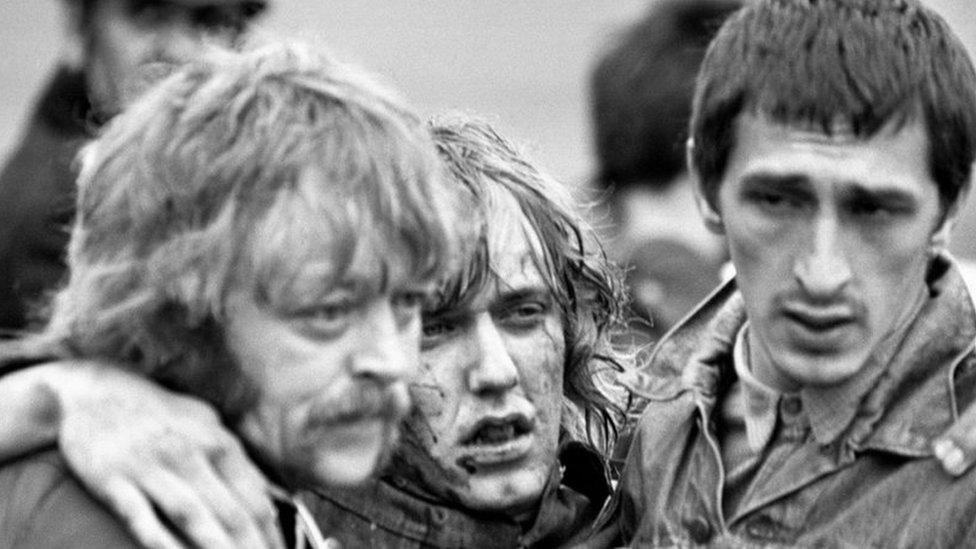
- Published13 March 2014
